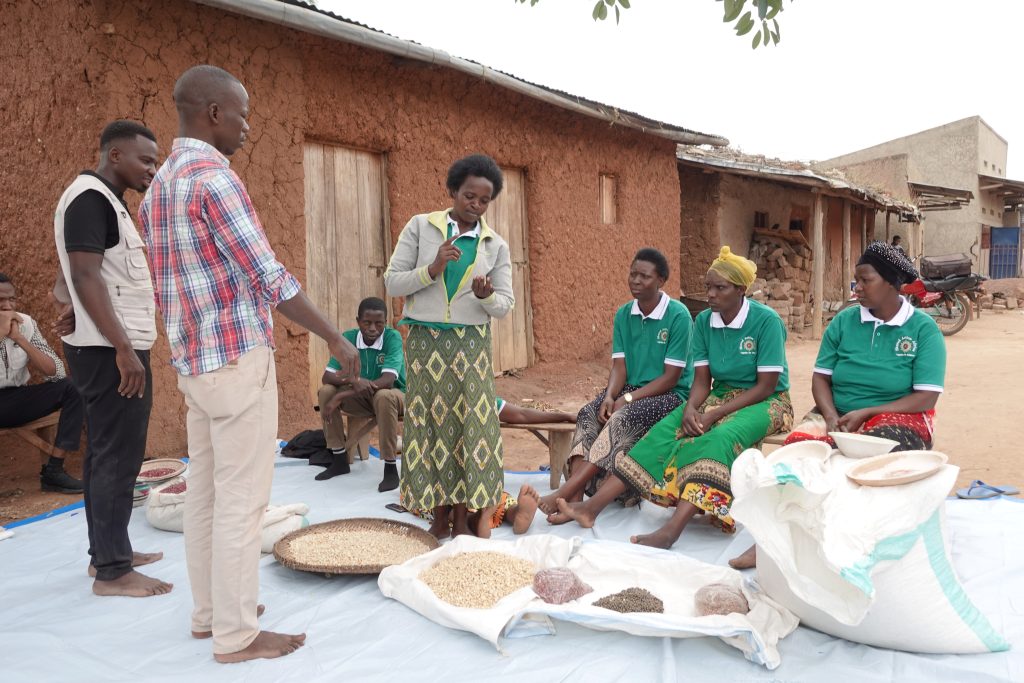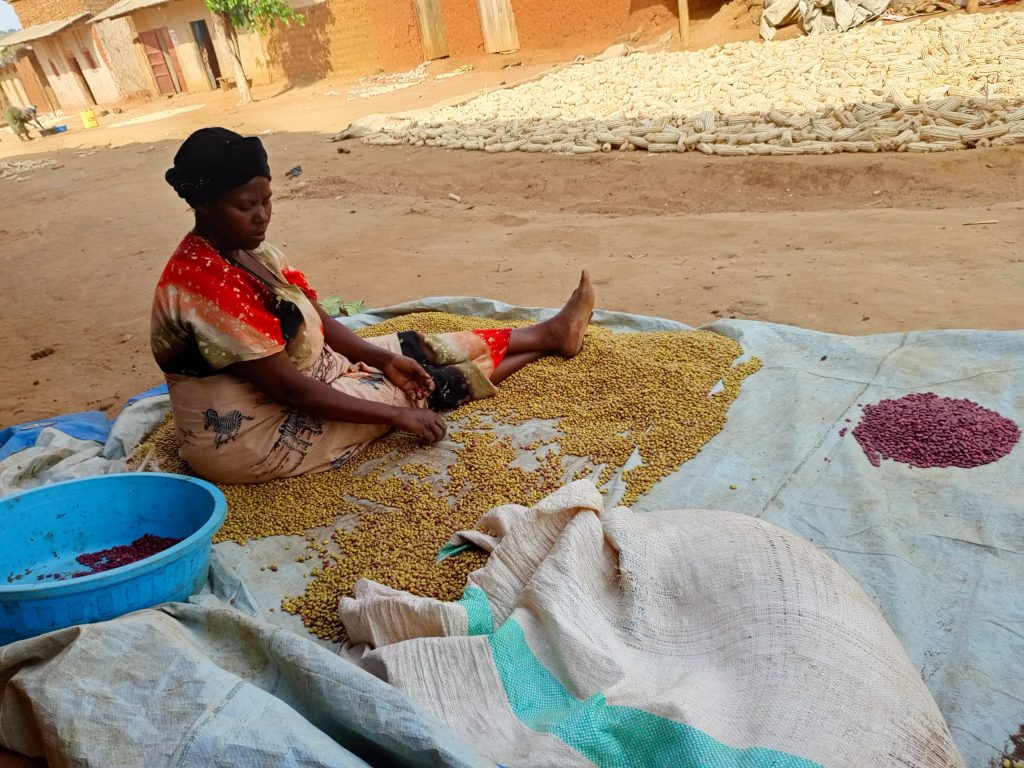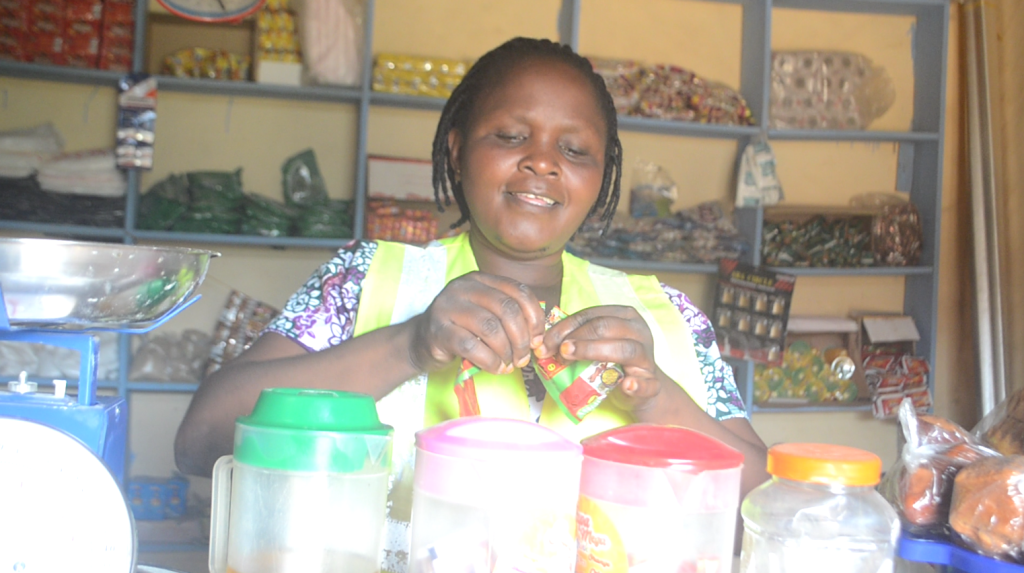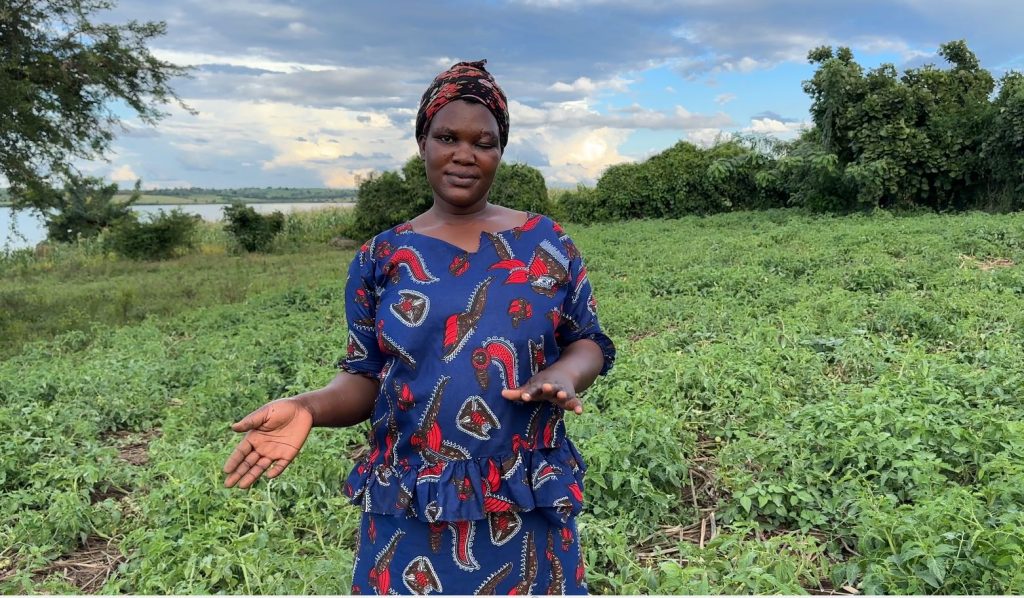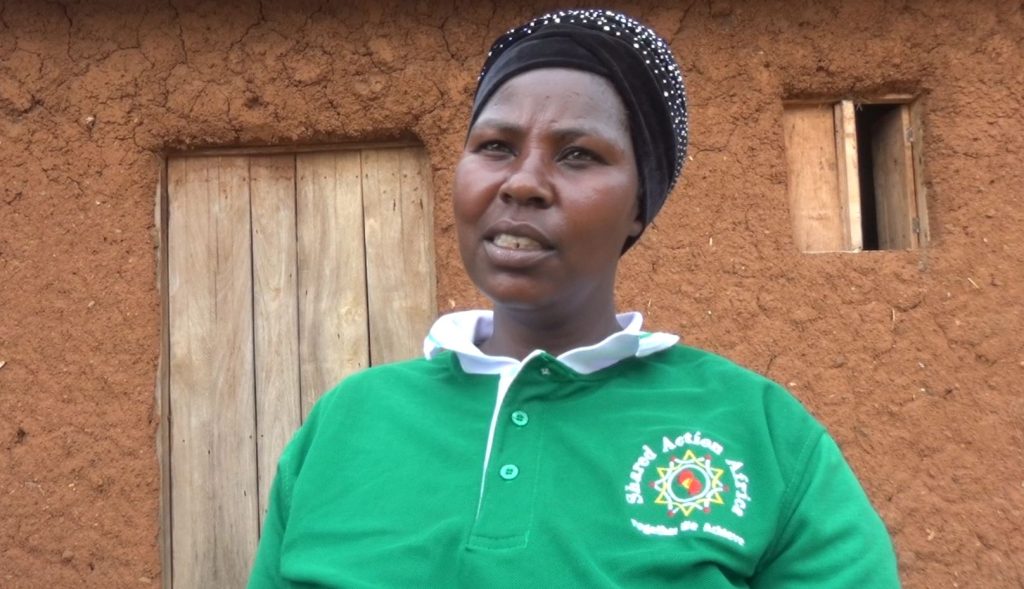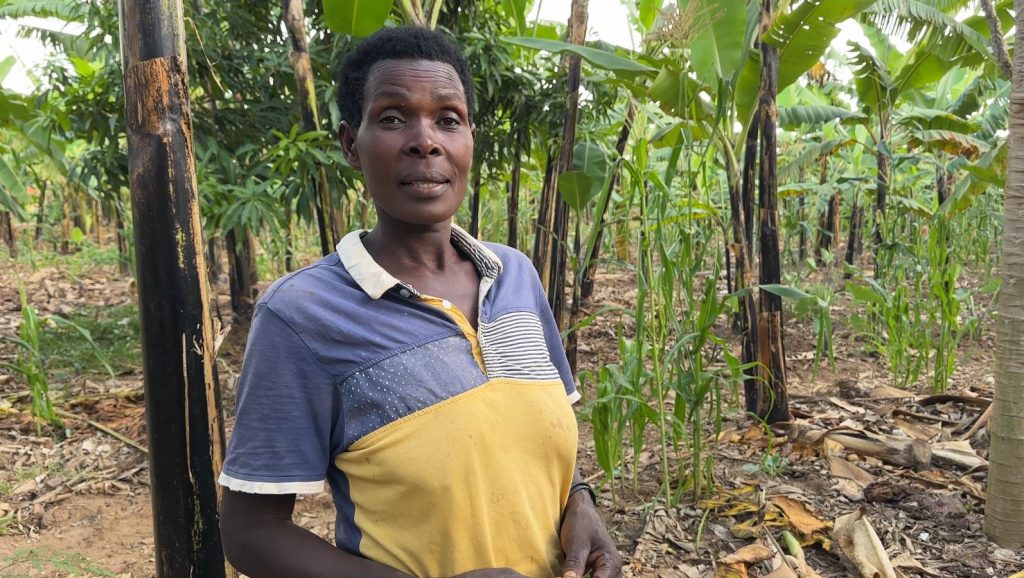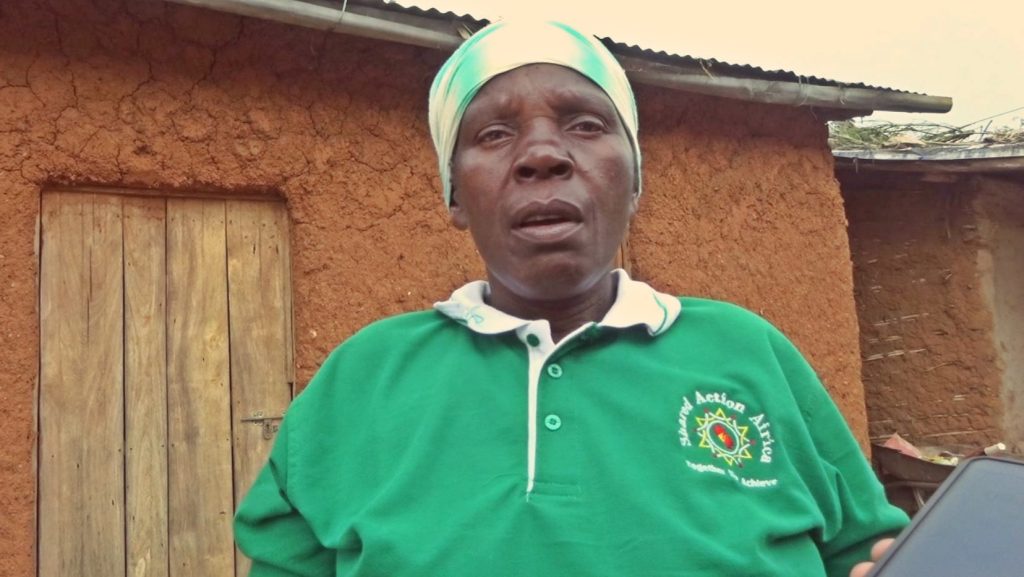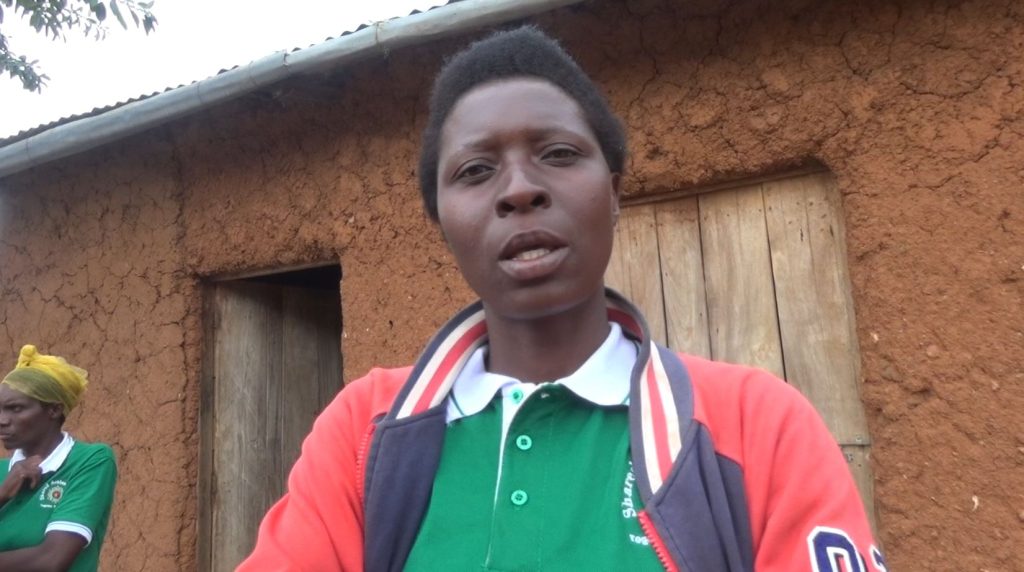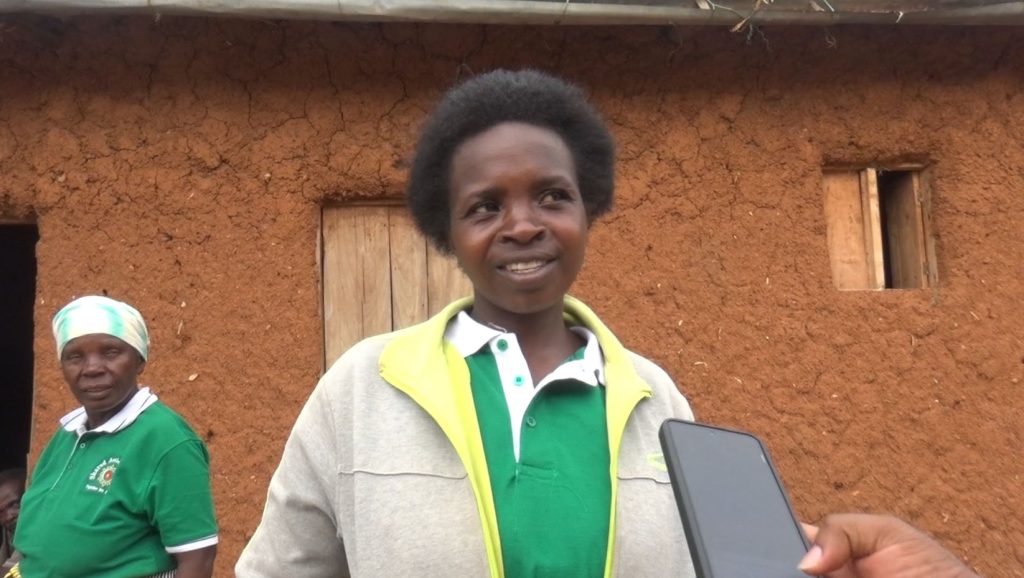Communal Gardening
Empowering Refugee Communities Through Sustainable Agriculture: Insights from Boney Ochen
Boney Ochen, an Agribusiness and Sustainable Agriculture Expert supporting Shared Action Africa, recently delivered an inspiring message to beneficiaries following a comprehensive training on post-harvest handling techniques. The training targeted staff and community agriculture trainers within Nakivale Refugee Settlement, as part of Shared Action Africa’s ongoing efforts to enhance food security and economic empowerment in refugee-hosting communities.
“I am privileged to be part of Shared Action Africa and to contribute to training communities in Nakivale and Oruchinga Refugee Settlements,” Ochen stated. “It is truly fulfilling to know that our work is transforming lives through sustainable agriculture.” He spoke.
The training focused on post-harvest handling a critical yet often overlooked area in agricultural productivity. In Uganda and many similar contexts, poor post-harvest practices lead to significant losses in food and income. Through this initiative, communities were equipped with essential knowledge and practical skills on sustainable food production and proper post-harvest techniques.
“We taught the communities how to apply good agronomic practices, such as cultivating vegetables using keyhole gardens. Already, we are seeing increased yields and improved food quality,” Ochen added.
A unique aspect of the training was its gender-inclusive design, with a strong emphasis on empowering women. Women participants were trained on how to improve the quality of their grain, enabling them to fetch higher market prices. For instance, during the training, participants learned to sort mixed seeds—an important skill that allows them to distinguish and sell higher-quality grain at premium prices.
“These women will now return to their communities and pass on their knowledge, which we anticipate will boost household incomes, enhance food security, and promote healthy consumption,” Ochen explained.
The approach also aims to link farmers to broader value chains, including off-takers who can purchase their produce at fair prices. Participants were introduced to improved post-harvest handling technologies such as PICS bags, pallet-based grain storage, and the use of tarpaulins for proper drying—all of which reduce contamination and post-harvest losses.
“By embracing these practices, not only are we enhancing food quality and marketability, but we are also contributing to the national economy and taking meaningful steps toward poverty eradication,” Ochen concluded.
Shared Action Africa’s ongoing agricultural training programs continue to provide refugees and host communities with the tools and knowledge needed to build sustainable livelihoods—one harvest at a time.

